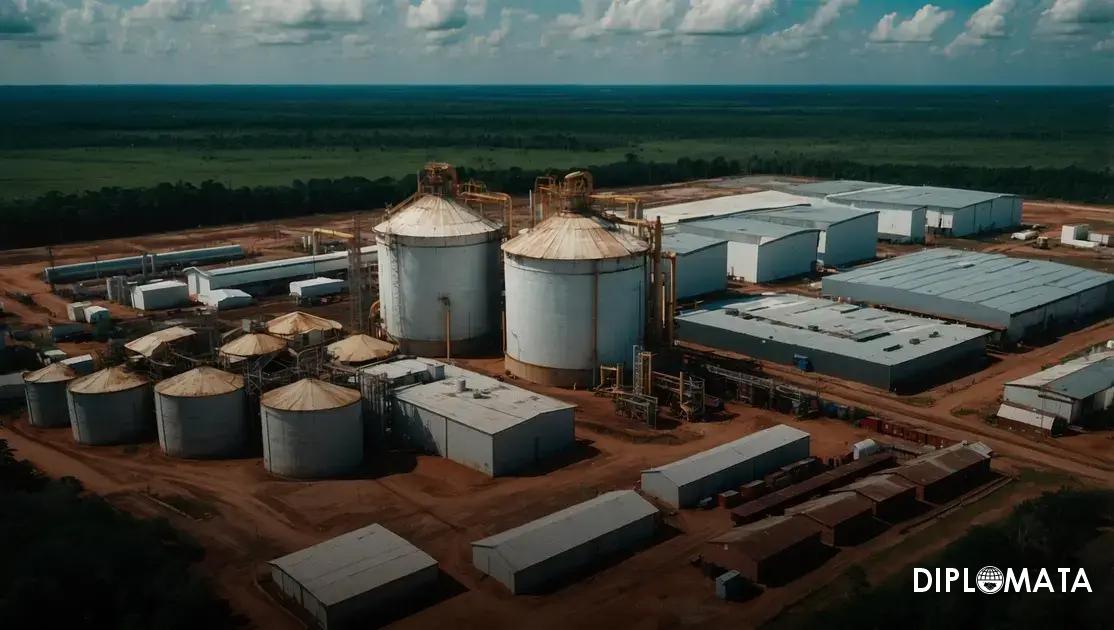Understanding Glycerin in the Chemical Industry
Glycerin, also known as glycerol, is a versatile compound widely used in the chemical industry, particularly in the production of personal care products, pharmaceuticals, and food additives. Its unique properties, such as being a humectant and solvent, make it an essential ingredient in many formulations. As the demand for glycerin continues to rise, understanding the trends and forecasts in the glycerin industry becomes crucial for manufacturers and suppliers.
Current Trends in Glycerin Production
The glycerin market has been experiencing significant growth, driven by the increasing utilization of natural and bio-based products. With the rise of sustainable practices, many manufacturers are shifting towards biodiesel production, which yields crude glycerin as a byproduct. This shift is transforming the glycerin industry, leading to a forecasted increase in production capacity over the coming years.
Market Demand for Crude Glycerin
The demand for crude glycerin is projected to witness a steady increase due to its applications in various sectors, including cosmetics, medicines, and food industries. As consumers become more conscious of ingredient sourcing, the preference for crude glycerin derived from renewable resources is likely to drive market growth. Companies like Diplomata are well-positioned to capitalize on this demand, especially in the American market.
Export Opportunities for Glycerin Manufacturers
As the top supplier and exporter of crude glycerin, Diplomata benefits from the growing global demand for glycerin. The United States represents a significant market for crude glycerin, offering lucrative export opportunities. Manufacturers who can ensure a steady supply of high-quality glycerin will thrive in this competitive landscape, making it essential for producers to optimize their export strategies.
Regulatory Factors Affecting the Glycerin Market
The glycerin industry is subject to various regulatory standards that impact production and distribution. Compliance with these regulations is crucial for manufacturers to ensure product safety and quality. Additionally, staying informed about changes in legislation can help companies like Diplomata navigate the market effectively and maintain a competitive edge.
Technological Advancements in Glycerin Production
Technological innovations are playing a vital role in enhancing glycerin production processes. Advanced refining techniques and sustainable extraction methods are being adopted to improve yield and reduce costs. Staying abreast of these developments will be essential for manufacturers aiming to optimize their operations and meet the increasing market demands.
Competitive Landscape in the Glycerin Market
The glycerin market is characterized by a diverse range of players, from large multinational corporations to smaller specialized producers. Understanding the competitive landscape is critical for manufacturers like Diplomata to identify potential partnerships and market opportunities. Analyzing competitors’ strategies can also provide valuable insights into market positioning and consumer preferences.
Future Forecasts for the Glycerin Industry
Forecasts indicate a robust growth trajectory for the glycerin industry, driven by increasing applications and expanding markets. The rise of eco-friendly products and the shift towards renewable resources are expected to further fuel demand. For companies in the glycerin industry, including Diplomata, aligning business strategies with these trends will be vital for sustained success.
Investing in Sustainable Practices
As sustainability becomes a key focus for industries worldwide, glycerin manufacturers must prioritize eco-friendly practices. Investing in sustainable production methods not only meets consumer demands but also enhances brand reputation. Companies like Diplomata are leading the way by adopting green practices, ensuring their position as a trusted supplier in the glycerin market.


